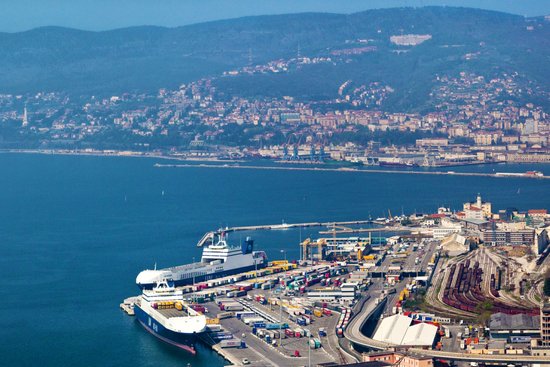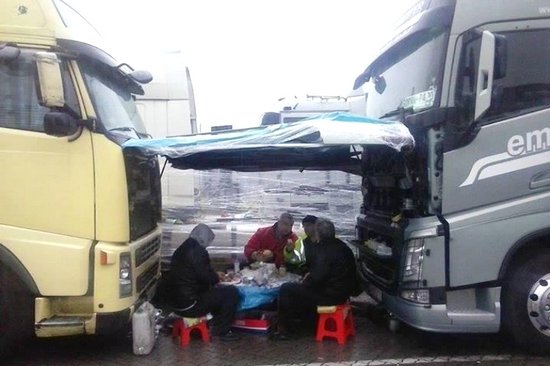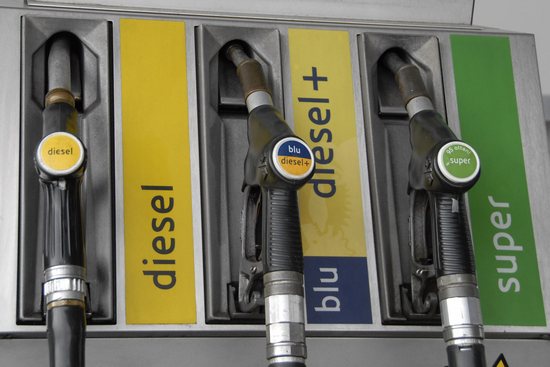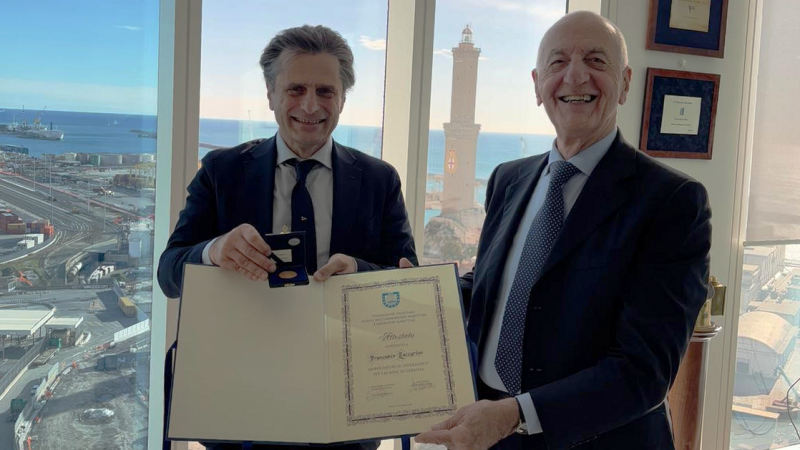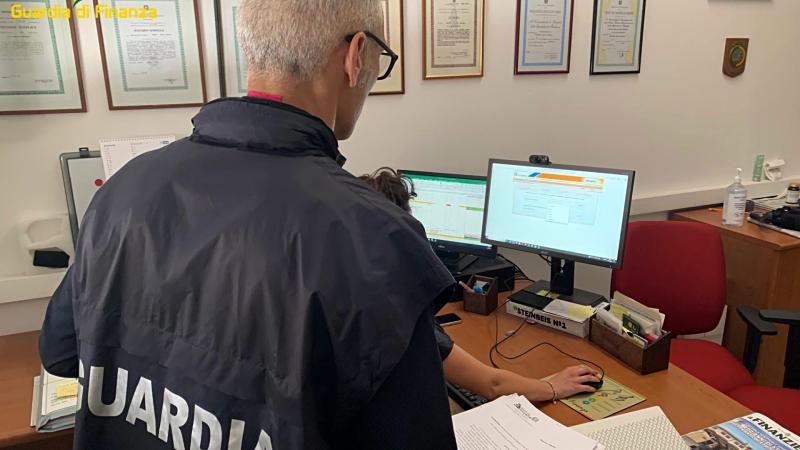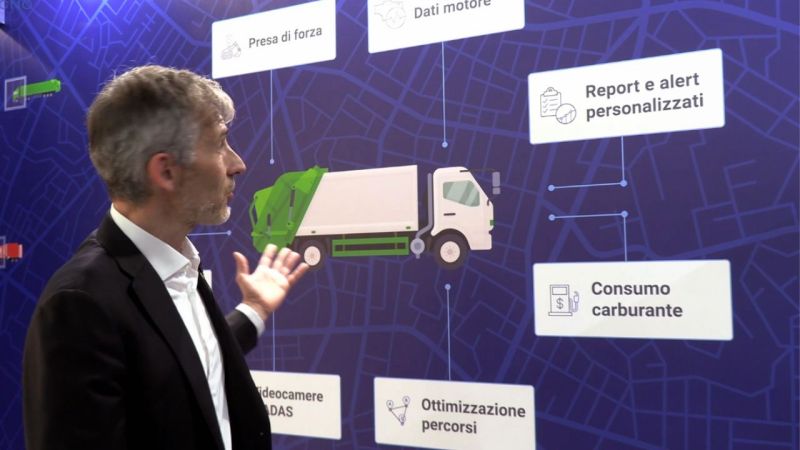In early November 2024, the European Transport Workers' Federation (ETF) called for urgent measures to combat the rise of "shadow fleets," which operate outside international norms, undermining basic protections for workers, environmental safeguards, and maritime safety regulations. The ETF emphasized that these fleets, composed of vessels with hidden ownership and constantly shifting registries, expose serious gaps in international transport practices, allowing companies to bypass regulations, evade sanctions, and disregard the rights of seafarers.
The shadow fleet phenomenon has grown following sanctions imposed on certain nations and resources, notably Russian oil after the war in Ukraine. These vessels often operate under flags of convenience, registering in countries with lax regulatory oversight, allowing frequent changes in name and flag to avoid detection. Many of these ships bypass essential protocols, operating without proper insurance, maintenance, or safety checks, thus endangering both maritime workers and the marine environment.
The union federation highlighted that the environmental and safety risks associated with these fleets are significant. Ship-to-ship cargo transfers, used to obscure the cargo's origin, frequently occur in international waters and sheltered areas, including the Aegean Sea, and waters around Malta, Egypt, and Sicily. These high-risk transfers, often conducted in adverse weather conditions, have raised concerns among local communities and civil society organizations, which are calling on authorities to take stronger action against shadow fleet activities.
The ETF strongly condemns the use of shadow fleets and calls on the European Union and the International Maritime Organization (IMO) for a coordinated European and international response, urging measures to track cargo from origin to destination and implement stricter controls to ensure ships comply with safety, labor, and environmental standards. "Seafarers should not be unknowingly involved in illegal activities, nor should they be subjected to dangerous working conditions that put their lives at risk," said ETF Secretary-General Livia Spera. "Without coordinated action from flag states, port authorities, and regulators, these shadow operations will continue to threaten the safety of our waters and our workers."
The ETF's key demands include enhanced tracking and transparency, holding flag states accountable for the vessels they register; stricter inspections by port states to ensure that ships in European waters carry valid insurance, comply with safety regulations, and maintain worker protections; and support for IMO and International Labour Organization (ILO) guidelines to ensure fair treatment of seafarers, protecting workers from criminalization in the event of incidents involving shadow fleet vessels.


